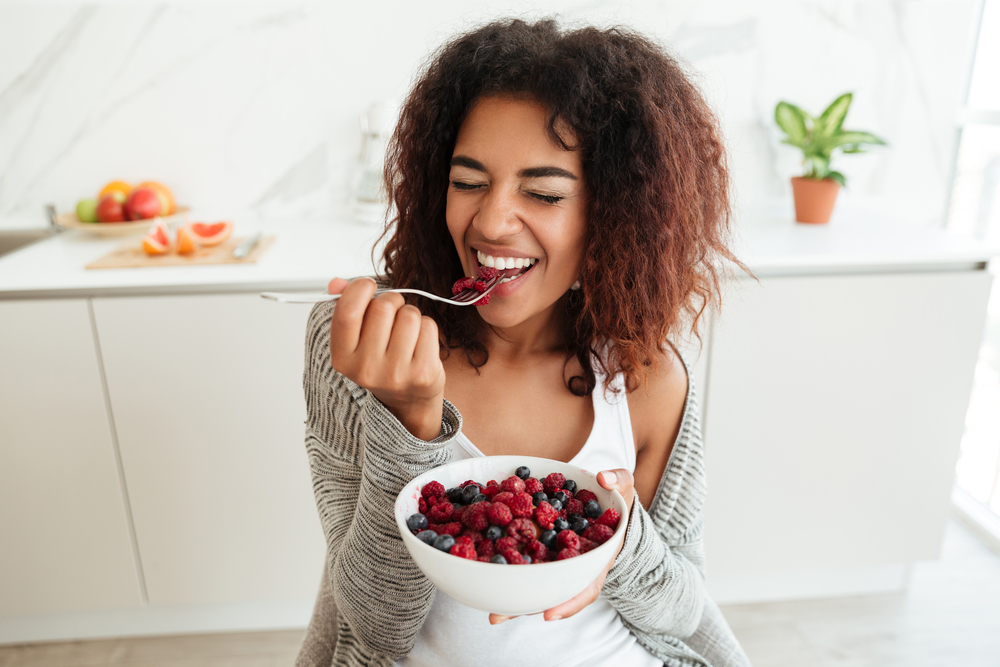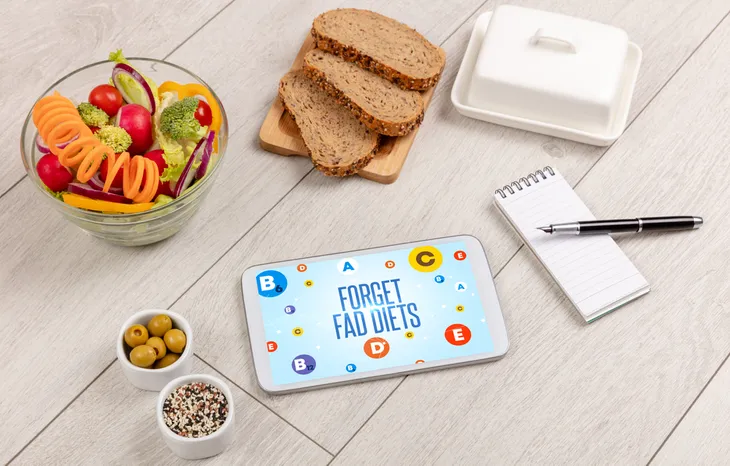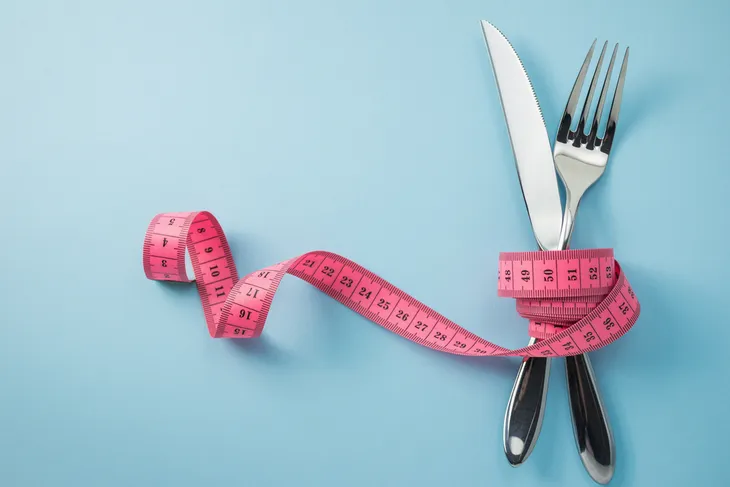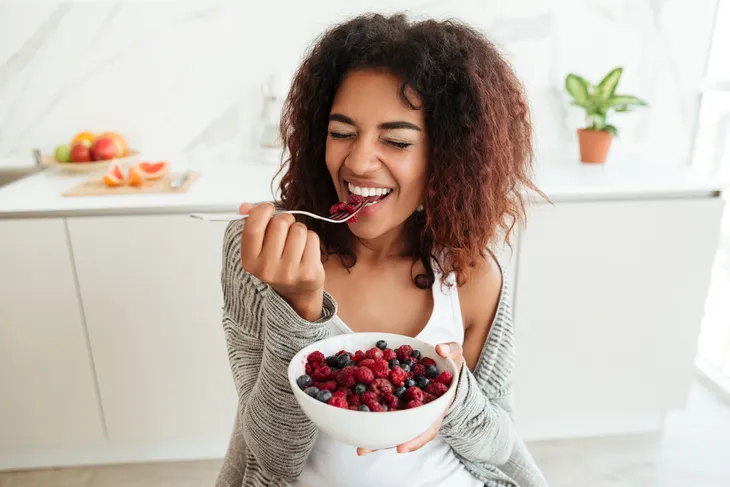Our food choices are not only very personal to us, but many of us believe so strongly in how and what we eat that it can become a form of nutritional spirituality or religion. Nutritional banter and debates abound; forks over knives or paleo instead of veganism. Interestingly, there is no definitive research to say one way of eating is the best way.
In our quest for nutritional actualization are we losing our ability to enjoy and celebrate food? Perhaps the attention towards diet is taking our attention away from what truly matters as we walk our path to authentic health?
There is No “Right Way” to Eat
Although it may be hard to believe, there is no body of research available (yet) to state one way of eating is healthier than another. From raw food, veganism, paleo, and denouncing carbs, each group of eaters may make strong claims either way, but do not have the answers to eating for a long and healthy life.
Although there may be a few studies available to suggest one way is better than the other, until we see long term, high population studies that can be replicated over again. Choosing a fork over a knife may be a lifestyle choice, but not grounded in solid and reliable research…yet.
Heavy Focus on Diet Takes Away Focus on Authentic Health
The social fear of fat, sugar, and salt coupled with our growing obesity rates has ignited a firestorm of health promotion programming in our communities, schools, and homes. There are many health professionals who may suggest we have placed such a focus on food that it may result in a rise of disordered eating, anxiety, and stress over what we put in our mouths.
It may be time to take a deep breath and consider what we know about social, spiritual, and emotional health in addition to other factors that contribute to our physical health (like stress management and mental fitness). If we keep food in perspective we allow room for the other important components of health like addressing the rise in depression or anxiety.
Enjoying Food Leads to Better Health
When was the last time we sat and ate our favorite junk food without the faint pang of guilt, shame, or self-disgust? Although there are many food researchers and nutritionists that may focus primarily on the science of eating for health, there is something to be said for eating for pure enjoyment.
Let’s be clear, I’m not saying go out and eat junk all the time, but stressing about the food we eat may cancel out any benefits of eating it. The act of mindfulness (being present with our food) can also enhance our enjoyment and appreciate our food for what it provides. Some foods may be health sustaining (i.e. Kale) while others are necessary to sustain our well-being (like homemade chocolate chip cookies).
Food Plays a Large Role in Culture and Family
One important factor that has been missing in the health promotion chatter over food is the important role culture and family play in food and eating. It’s one thing to denounce carbohydrates, but another if our family history is based upon the joys of homemade breads, pasta dinners, or perogies cradled in real sour cream.
There has to be a balance between eating healthy and respecting our family history and culture. Food culture influences social groups and personal identities and to remove certain foods due to “health risks” that may not be supported by enough research may cause more stress than enjoying rich meats and heavy sauces.
Food Relates us to Each Other
It is challenging to name one social event that doesn’t include food. From Easter dinners and Thanksgiving feasts to birthday and other celebrations…it’s all about the food. For someone trying to diet or cut out certain food groups, it becomes harder (and more stressful) to engage socially with others for fear of falling off the diet bandwagon.
With all we know about the health benefits of social connection, is it worth avoiding certain foods in the name of fat loss, better health, or a longer life? If social isolation is related to decreased immune system function, depression, and a lower quality of life, it may be in our best interest to drop the kale and pick up a piece of cake in the name of authentic health.
Balance is Key
In the end, with everything nutritional scientists don’t know about nutrition and health, the message is plain, simple, and not very exciting. We have heard the same message from our health practitioners, our nutritionists, and even our mothers, but many of us have shrugged it off as we chase the dream of youthful looks and a trim figure.
When it comes to health, eating in moderation and balance really is the key. Choosing from a wide variety of vegetables, meats or meat alternatives, while limiting processed foods (keeping the junk food in moderation) will promote health, allow us to enjoy our favorite foods, and make us more fun at parties!









